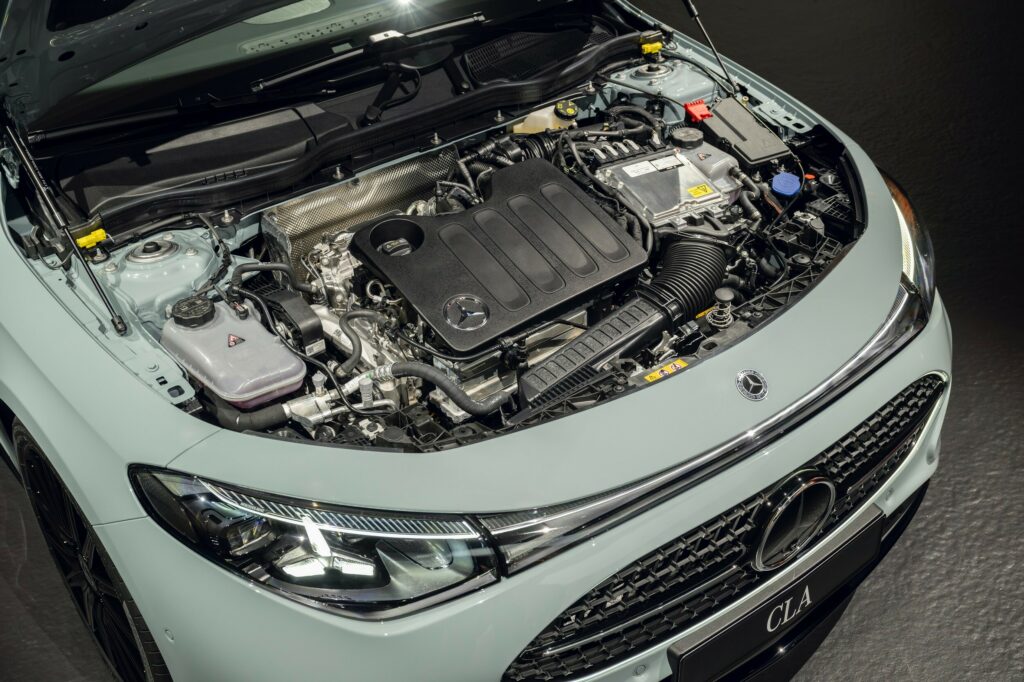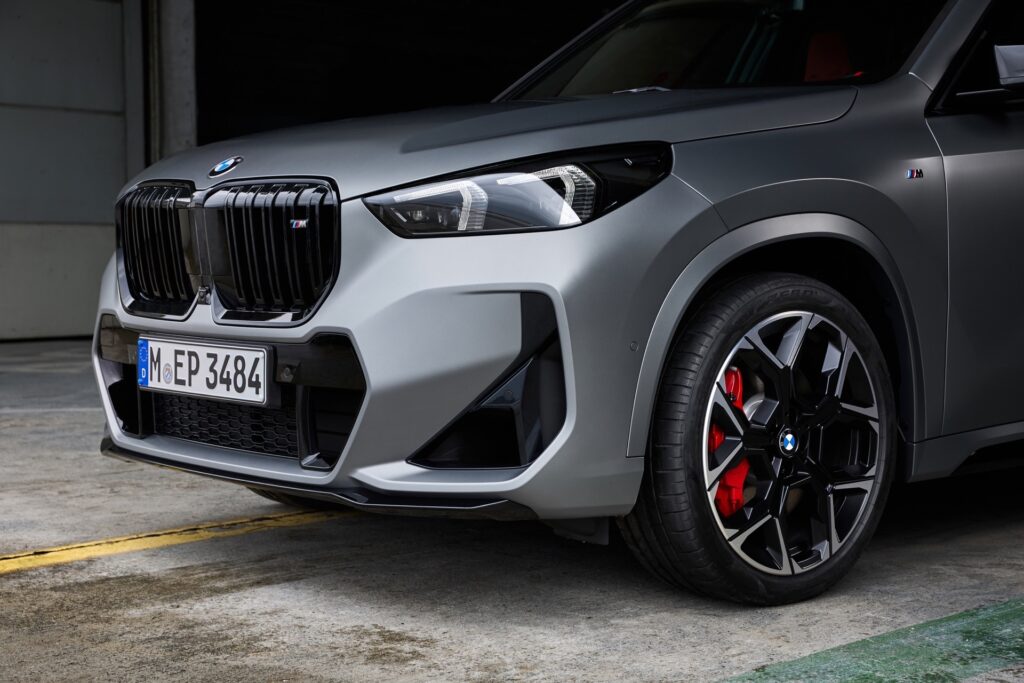Potential Collaboration Between Mercedes and BMW
Mercedes and BMW, who have always been fierce competitors in the automotive industry, may find common ground on the issue of engine supply. According to reports, Mercedes is considering the use of four-cylinder engines from BMW for its future hybrid and plug-in hybrid models. This move would allow Mercedes to reduce development costs and focus on other aspects of its strategy, particularly on six- and eight-cylinder engines, while slowing down the transition to a fully electric fleet.
Deal Details and Its Benefits
The news first appeared in the German publication Manager Magazin, which noted that the first Mercedes models with BMW engines could appear as early as 2027. The negotiations also concern the shared use of transmissions and entire electrified powertrains, indicating a potentially deeper collaboration than a simple engine deal.
A source inside Mercedes described the discussions as being at a “high level of planning and negotiations,” with an official announcement expected by the end of 2025.

Why BMW is a Logical Partner
Mercedes already has an engine supply agreement with Chinese manufacturer Geely, which produces the 1.5-liter four-cylinder turbocharged engine (M252) used in the mild-hybrid CLA. However, a European partner like BMW would be better suited for markets such as North America and would also offer a solution for Mercedes’ wide and growing model range.
Among the options being considered is BMW’s turbocharged 2.0-liter B48 engine, which is already familiar from a wide range of BMW and Mini models. Thanks to its compatibility with longitudinal and transverse layouts, it can support plug-in hybrid systems and potentially be used as a generator engine in certain applications.

Future Prospects for Collaboration
If the partnership is realized, the companies could expand joint production beyond Europe. The possibility of establishing a powertrain production site in the USA is being discussed, which would help avoid tariffs and share production costs in a key market.
Mercedes is not the only manufacturer rethinking its plans for a full transition to electric vehicles. Slower-than-expected growth in demand for electric cars has forced many automakers to adopt a more flexible stance. Mercedes CEO Ola Källenius recently called this shift a “course correction,” confirming that internal combustion hybrid engines will remain part of the model range longer than initially planned.
This potential deal between the two German giants could be an important step in adapting the automotive industry to modern challenges such as economic efficiency and environmental requirements. Joint efforts could not only reduce costs but also accelerate innovation in hybrid technology, ultimately benefiting both manufacturers and consumers worldwide.


 by
by 
